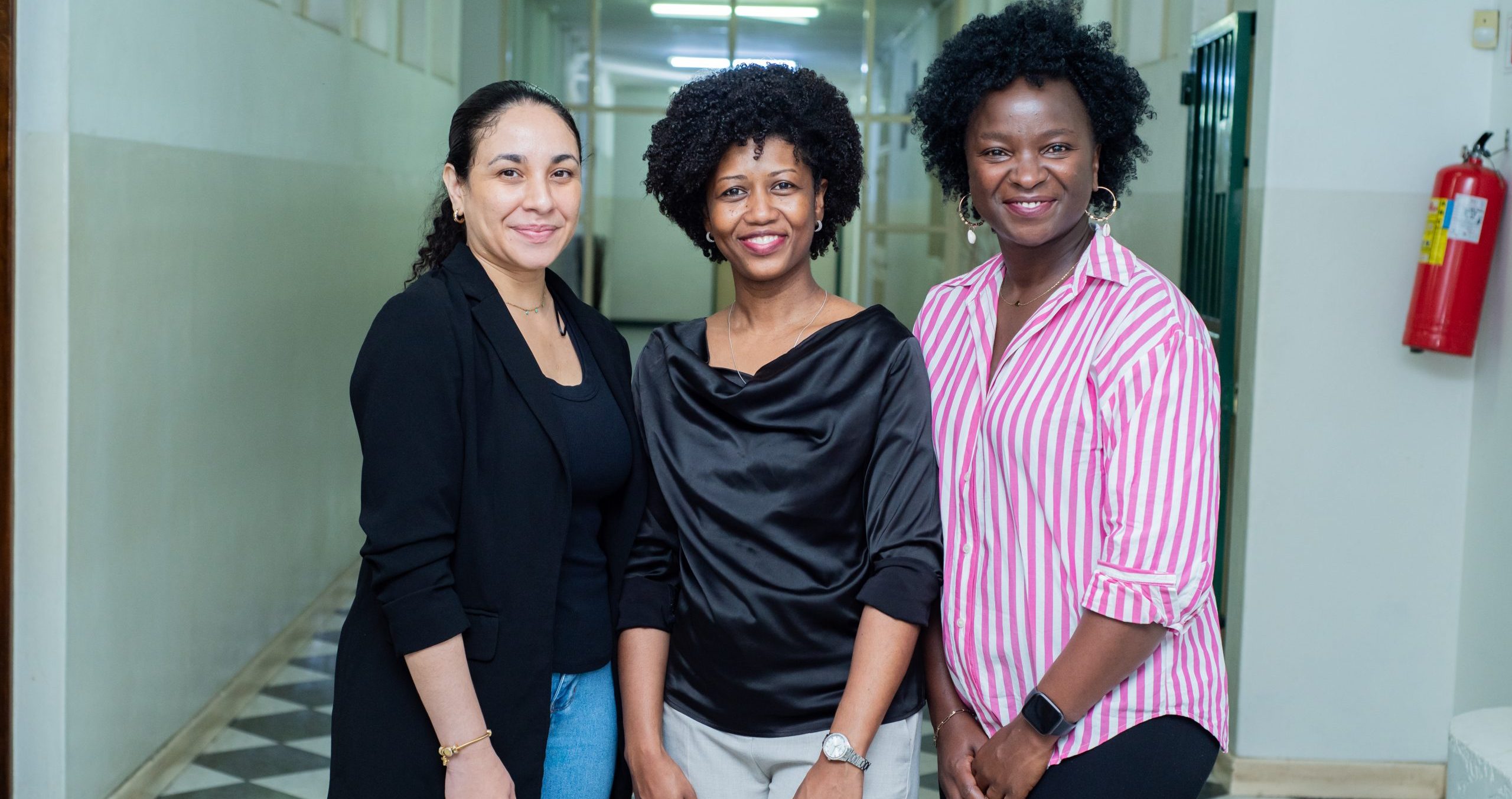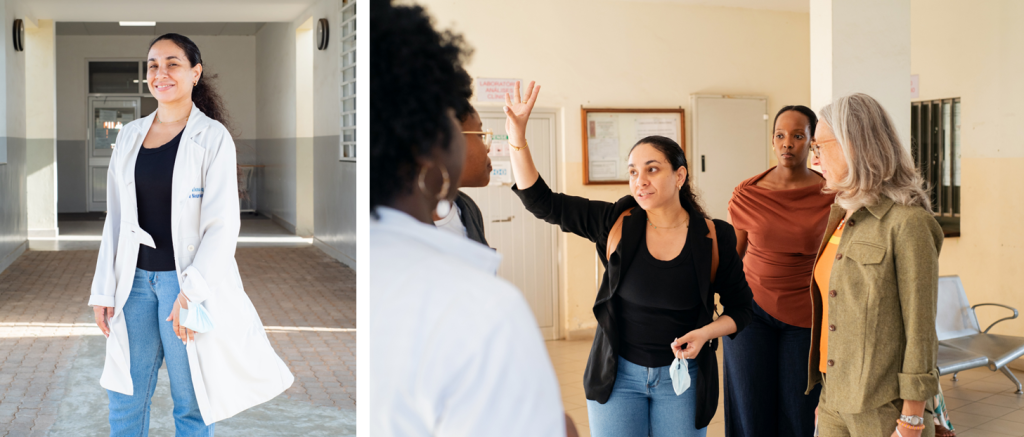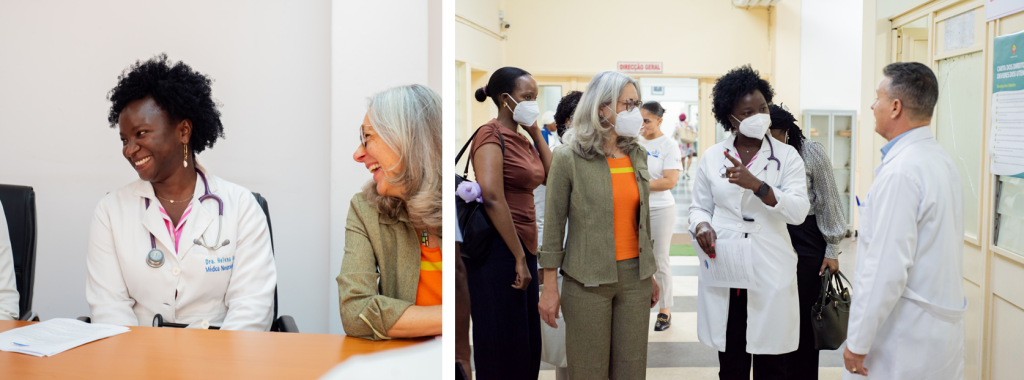
Redefining the Trajectory of Neurological Care in Mozambique
Public health initiatives have long driven Africa’s progress in tackling infectious diseases and improving maternal and child health. Yet, as the continent undergoes an epidemiological transition fueled by urbanization and changing lifestyles, non-communicable events such as strokes are emerging as silent killers.
Strokes are now a leading cause of adult neurological disability and death worldwide, and their impact in sub-Saharan Africa is particularly severe. Mortality rates are up to five times higher than in high-income countries, and onset often occurs at a younger age striking individuals in their most productive years. Mozambique exemplifies this growing crisis. Here, stroke and neurological infections claim thousands of lives annually, underscoring the urgent need for change. Across many developing countries, systemic inefficiencies and resource constraints make timely neurological care a rarity. Closing these gaps demands more than clinical innovation; it requires robust public health strategies, community engagement, and capacity building.
Against this backdrop, two Mozambican neurologists Dr. Deise Catamo and Dr. Helena Buque are spearheading a quiet revolution. Both recipients of the Schlumberger Foundation Faculty for the Future fellowship, they are pursuing PhDs focused on advancing neurological research and care. Their work is not only reshaping Mozambique’s approach to neurological health but also inspiring a new generation of scientists committed to transforming care across Africa.

Dr. Deise Catamo : Building Stroke Protocols from the Ground Up
Deise’s journey began with a stark realization, patients in Maputo were dying not because treatment was impossible, but because there was no standardized protocol for stroke care. With risk factors such as hypertension, diabetes, and dyslipidemia on the rise, and access to rehabilitation services severely limited, recovery for stroke survivors was often an uphill battle. Determined to change this reality, Deise developed Mozambique’s first stroke care protocol, focusing on the acute phase a critical window where timely intervention can prevent complications and save lives. Her PhD research explores the clinical and epidemiological characteristics of strokes in Mavalane General Hospital, which covers a large population of Maputo city and forms the foundation of this groundbreaking work.
In just one year, with minimal resources and innovative research, Deise created and adopted a structured protocol and patient itinerary across Maputo that dramatically reduced mortality rates from 50% in 2024 to 30% in 2025 simply by preventing complications during the acute phase. Her impact has gone beyond protocol development as she is actively training healthcare workers across Mozambique, particularly women, ensuring that knowledge moves from academic circles to the frontlines of patient care. Today, her work serves as a model for other regions, signaling a new era of structured, evidence-based stroke management in Mozambique.

Dr. Helena Buque: Uncovering the Hidden Burden of Neuroinfections
Helena’s path was different and driven by an undeniable challenge, in Mozambique, neurological infections were silently claiming lives not because treatment was impossible, but because these conditions were often misdiagnosed or detected too late. Diseases such as cryptococcal meningitis, neurocysticercosis, and tuberculous meningitis remain under the radar, leading to devastating outcomes for patients.
Determined to change this reality, Helena set out to build local evidence on the burden, outcomes, and treatment challenges of chronic neuroinfectious diseases like Toxoplasmosis. Her PhD in clinical research and translational medicine is identifying prognostic factors and exposing gaps that have long hindered effective care.
Through her work, Helena is shaping clinical guidelines tailored to Mozambique’s context, ensuring interventions are relevant and sustainable.
By grounding solutions in local data, she is paving the way for improved outcomes for thousands of patients and highlighting the critical role of localized research in addressing health disparities.

A Ripple Effect of Change
What makes Deise and Helena’s work transformative is its ripple effect. Their approach to problem-solving places sustainability and inclusivity at the forefront. Hospitals are implementing new protocols, and communities are becoming increasingly aware of stroke symptoms and the critical importance of seeking timely care. Through their uniquely collaborative model, they have inspired and mentored young scientists and healthcare professionals to pursue careers in neurology, public health, and research. This effort is building a robust pipeline of talent that will drive progress for years to come.
For Deise and Helena, the mission is clear: build a future where Mozambique builds a healthcare system that reflects its realities redefining health care one protocol, one training, one patient at a time rewriting the narrative of healthcare in Africa.
